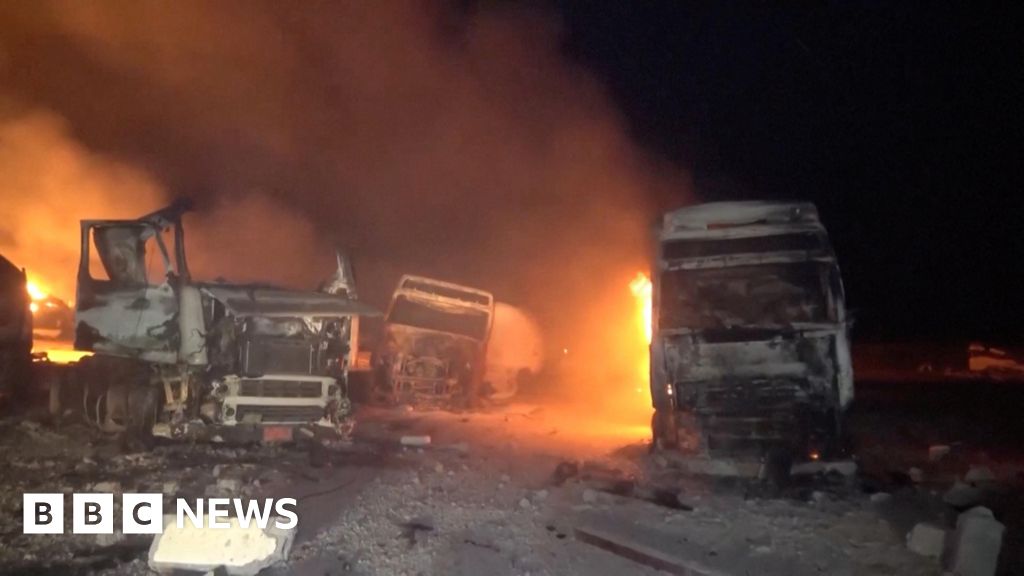US Air Strikes on Yemen’s Ras Isa Oil Terminal
The Houthi-run health ministry has reported that US air strikes on the Ras Isa oil terminal, located on Yemen’s Red Sea coast and under Houthi control, have resulted in at least 74 fatalities and 171 injuries.
The US military stated that the purpose of this operation was to destroy the facility as a means to cut off fuel supplies and financial resources to the Iran-supported Houthi movement, describing them as “terrorists.” In contrast, the Houthi-controlled government claimed that the terminal was a civilian site and labeled the strikes as a “war crime.”
These strikes represent the deadliest incident since President Donald Trump intensified the US bombing campaign last month to counter Houthi assaults on Red Sea shipping and attacks linked to the ongoing conflict in Gaza.
In a related event, hours after the air strikes, the Israeli military announced that it had intercepted a missile launched from Yemen, with sirens sounding across several areas in Israel, though no injuries or damages were reported.
Reports from Al-Masirah TV, affiliated with the Houthis, indicated that a total of 14 air strikes targeted Ras Isa late on Thursday, with online footage purportedly showcasing significant explosions, large blazes, and devastated fuel tankers. Eyewitnesses described a chaotic scene as the strikes unfolded, leading to extensive destruction.
Houthi health spokesman Anees al-Asbahi confirmed the death toll of 74 on Thursday afternoon, with search teams continuing to look for additional victims. Local authorities stated that many of those killed were terminal workers, and there were further casualties among first responders due to subsequent strikes.
The strikes have sparked large protests in Sanaa, where Houthi supporters condemned the US actions. The US Central Command clarified that the objective was to undermine the economic power of the Houthis, who it claims inflict suffering on the Yemeni populace. Iran denounced the strikes as “barbaric,” highlighting the growing geopolitical tensions in the region.



